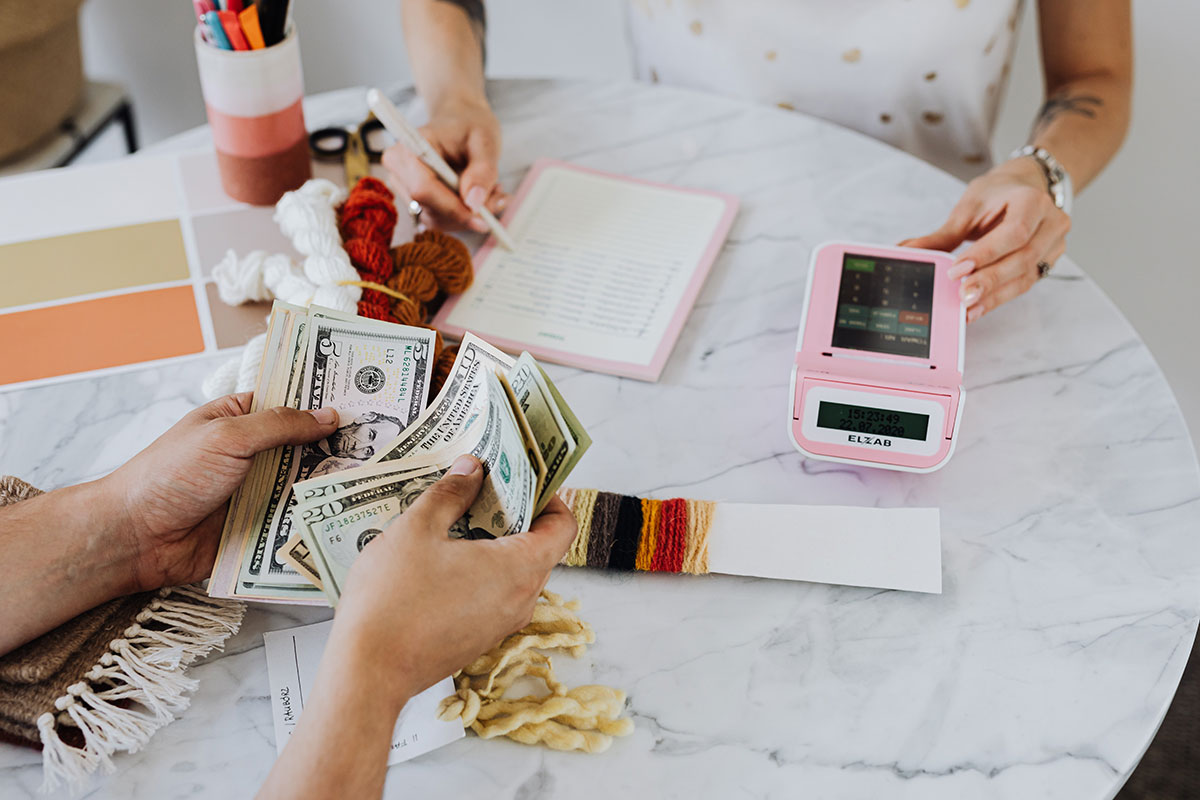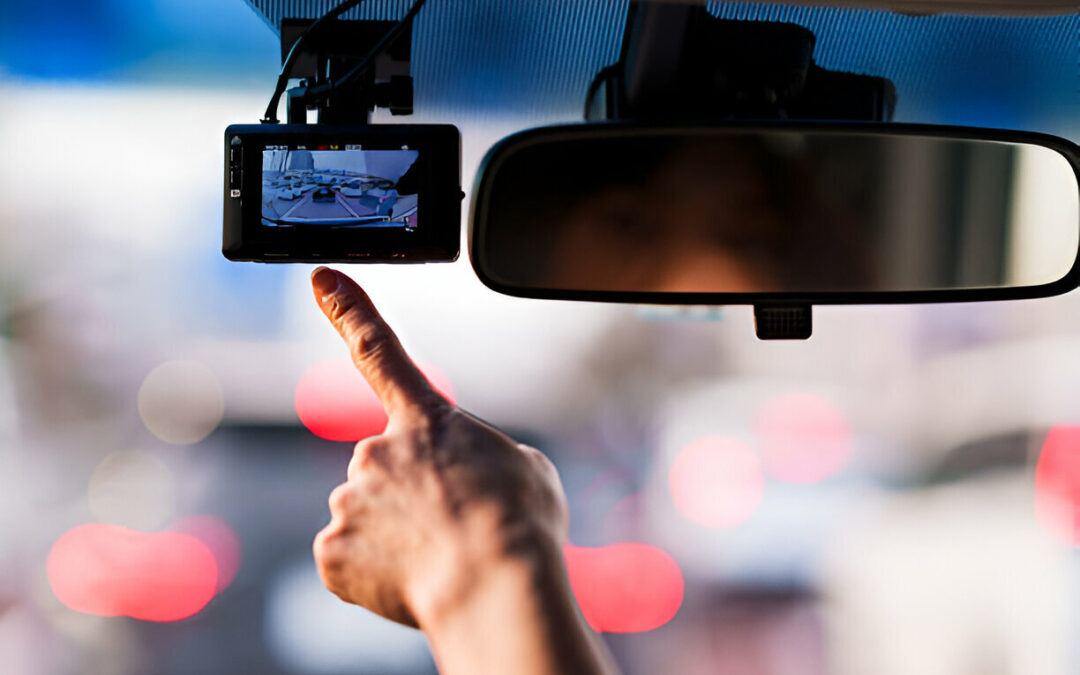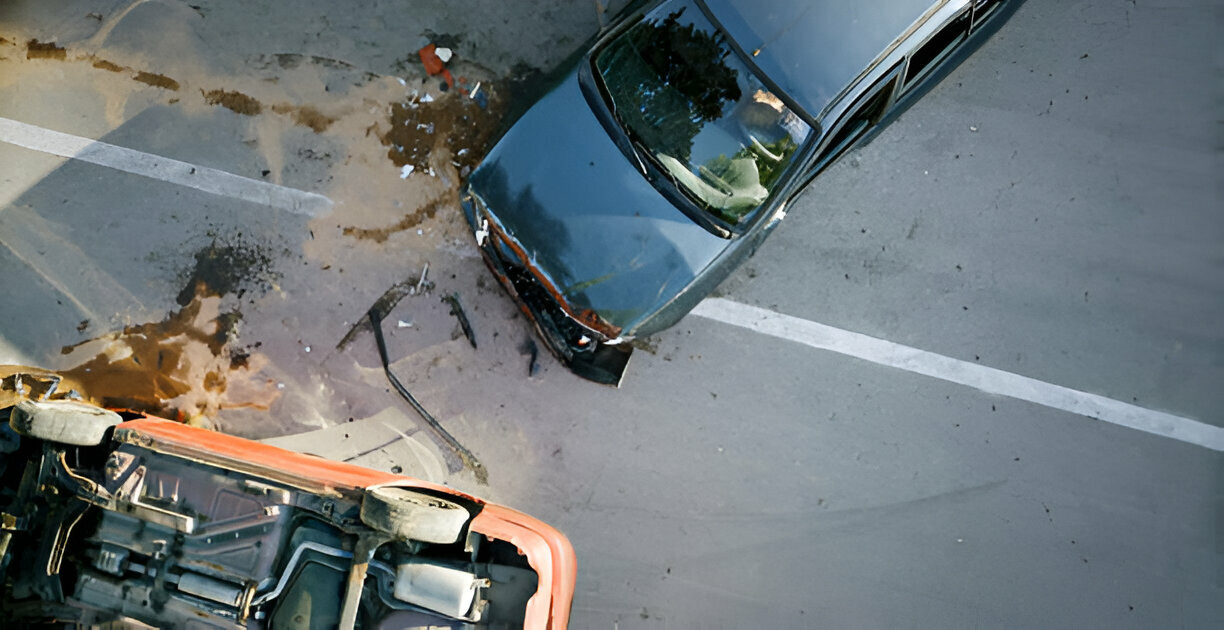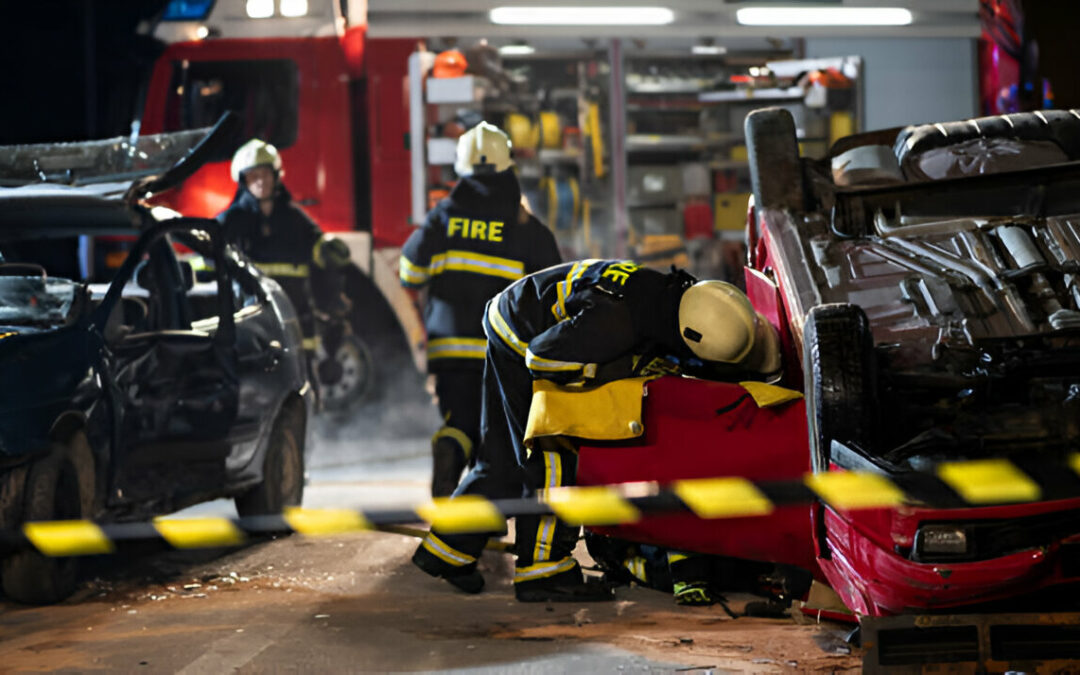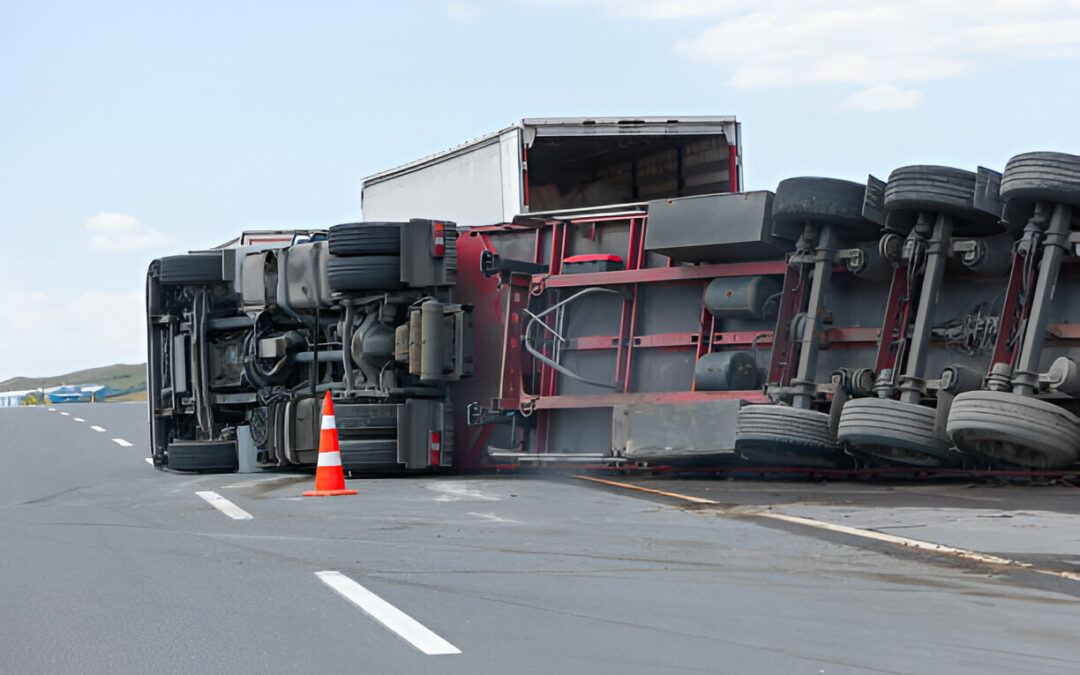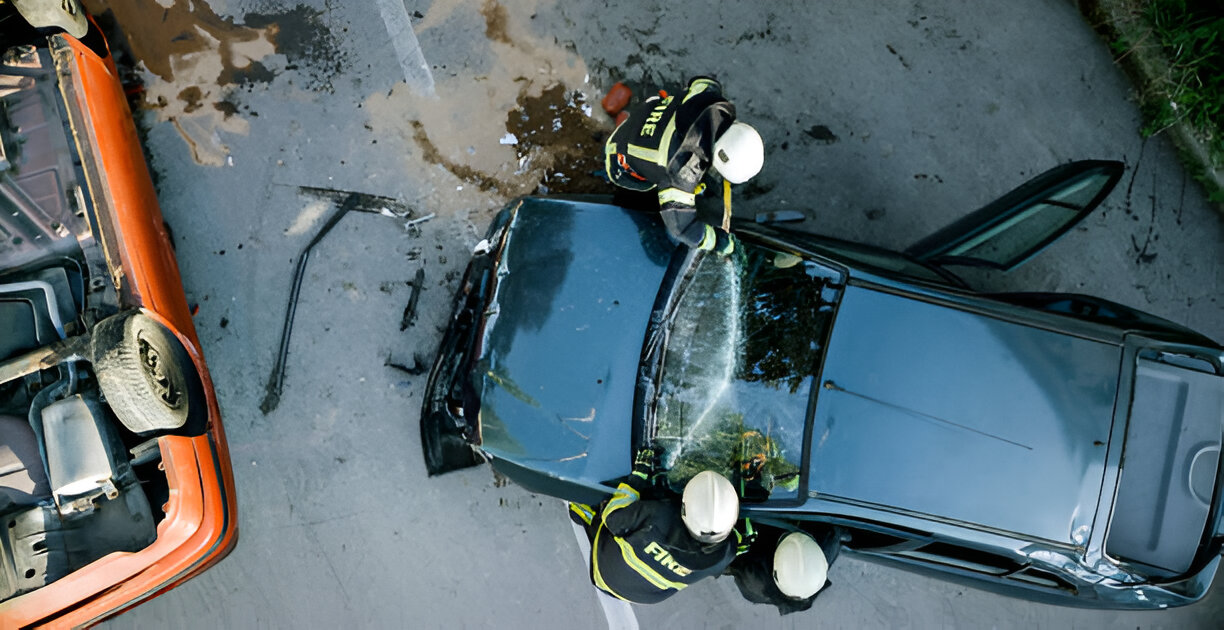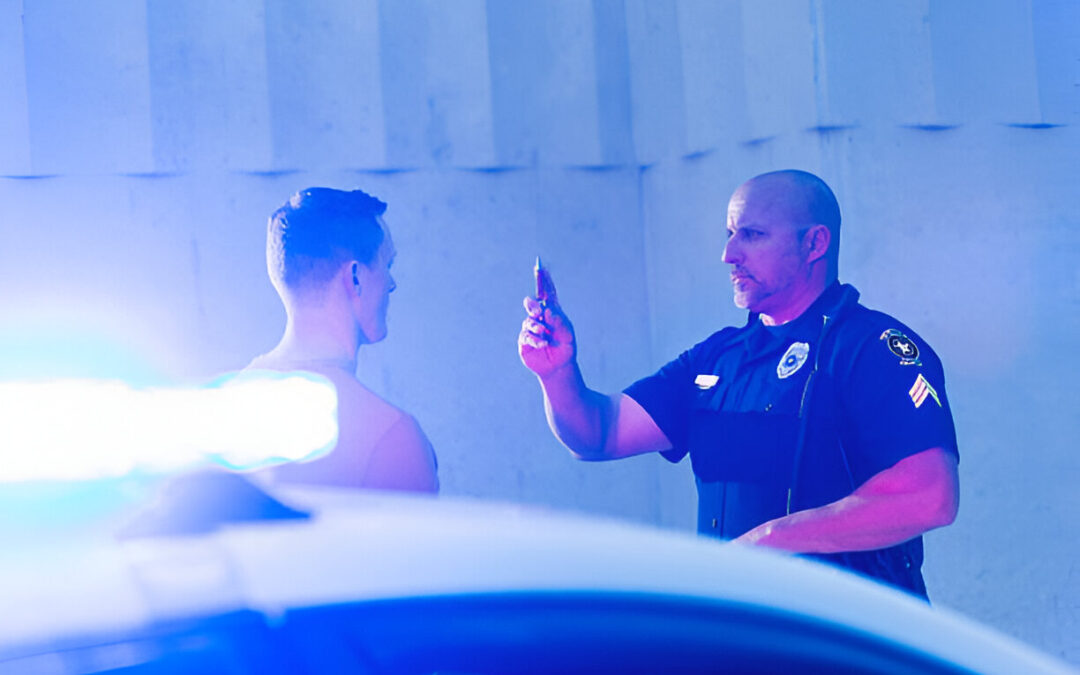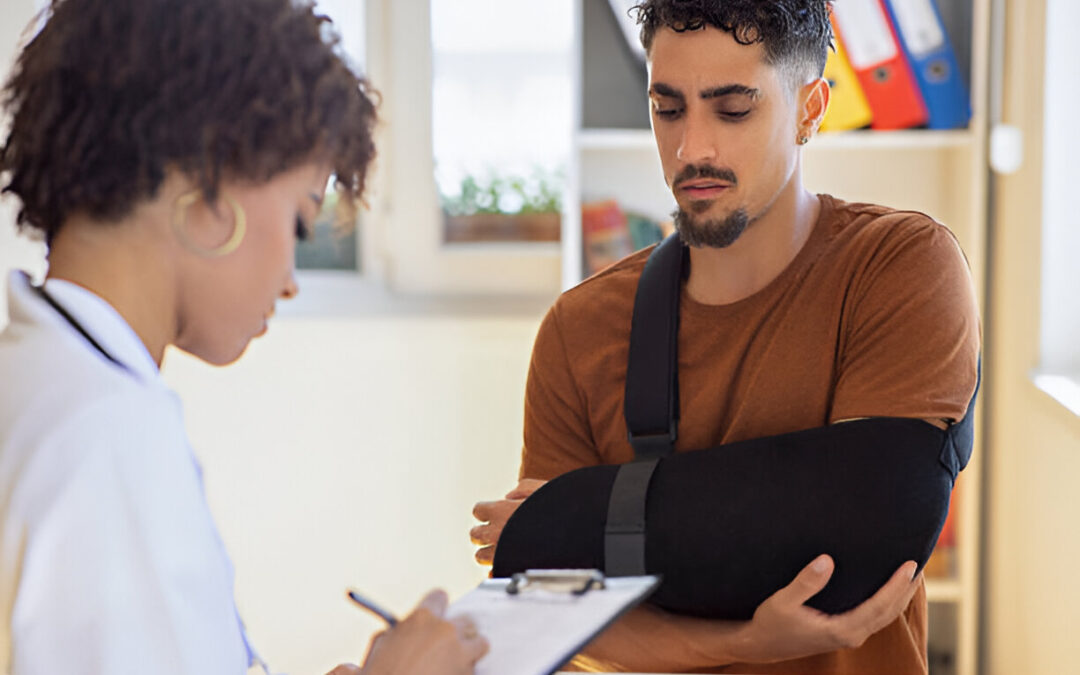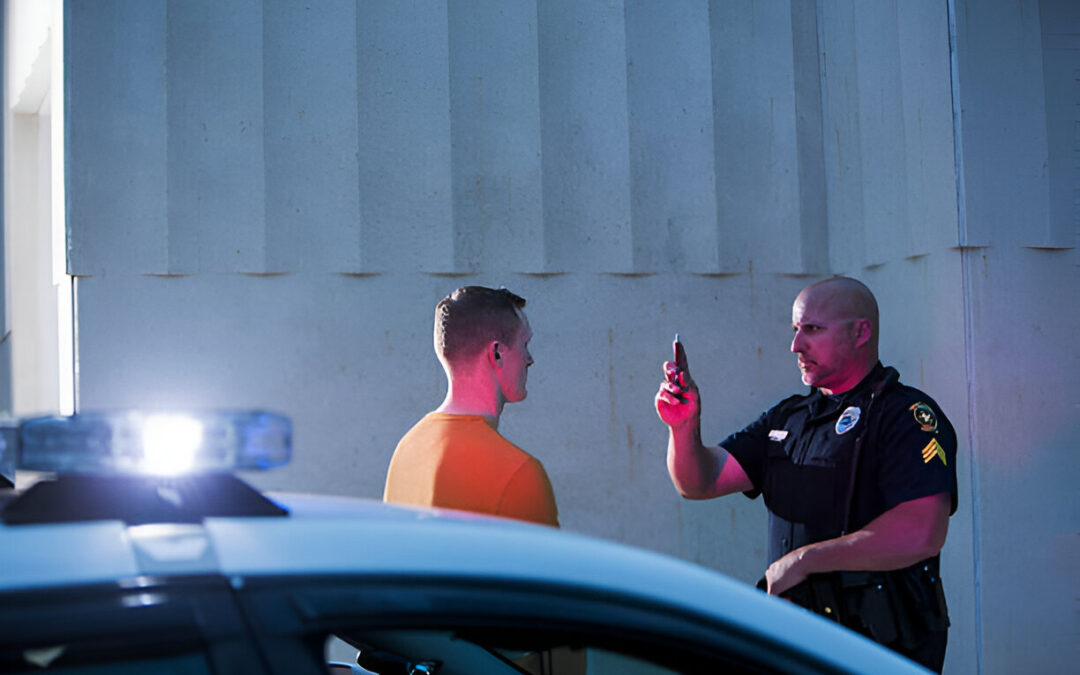After a car accident, it’s important to take some time to process what happened and start putting your life back together. When you’re ready, it’s time to start thinking about the bills that need to be paid, which include your regular bills, auto repair bills, and other expenses over an extended time. Remedying this situation is often easier said than done at first, so we’ve gathered all the suggestions from experts on how to do this.
How to Pay Household Bills After a Car Accident
It can be challenging to know what to do next when dealing with car accidents. Some of the first steps may include getting a police report, gathering insurance information, and ensuring you have all of your driving documents. After making sure all of these things have been done, you can consider paying household bills. Here are a few tips on how to pay household bills after a car accident:
- You should always contact your bank, credit card companies, and other creditors in writing. This will help to ensure that payments are made on time and without any confusion.
- Try to minimize your regular bank account and credit card balances as much as possible. This will help keep interest rates lower and make it more manageable for you to pay your bills.
- Start by sorting your bills into two piles: those due immediately and those that can wait. Bills that are due immediately include rent, cable, utilities, and other basic expenses. These bills should be paid as soon as possible so that you don’t become delinquent in paying them.
- Contact your creditors and let them know that you won’t be able to make payments on time due to the accident. This will give them enough time to adjust their billing cycles or renegotiation rates.
What you can do to Manage Bills and Expenses
When someone is injured in a car accident, their day-to-day routine is disrupted. They may not be able to work, leading to increased bills and expenses. Here are some tips on how to manage bills and expenses after a car accident:
1. Set up a budget
This will help you know exactly how much money you have available each month for bills and other expenses. First, create a list of your monthly expenses, including rent, utilities, groceries, and other costs. Then, add an extra amount to cover unexpected costs, such as medical bills or repairs following the car accident.
2. Consolidate debts
If you have multiple creditors, try to consolidate all of your debts into one payment plan to avoid having to pay interest on loans or large amounts of debt at once.
3. Get help from family and friends.
Ask them for financial assistance with bills and expenses related to the car accident.
Options for Paying your Bills
After a car accident, many people are left without a vehicle or the ability to use public transportation. This can create some financial challenges when it comes to paying household bills. Here are options for paying your bills after a car accident:
- Use direct deposit. Many banks offer online banking with direct deposit, making it easy to pay your bills electronically. You can also ask your bank if they offer bill payment services after an accident.
- Use a credit card. If you have a credit card, you can use it to pay your bills. Make sure you report the accident to your credit card company so that they can cancel any outstanding balances on your account.
Need to speak with an expert about what to do next?
If you have been in a car accident that has resulted in financial damages, it is important to speak to an experienced attorney as soon as possible. By calling us today at 1-800-24-7-CRASH or writing to us at [email protected], we can set up an appointment for you to discuss your case further.


